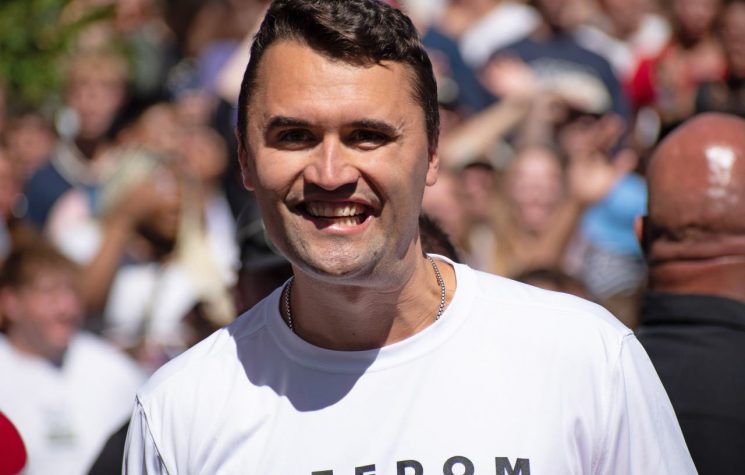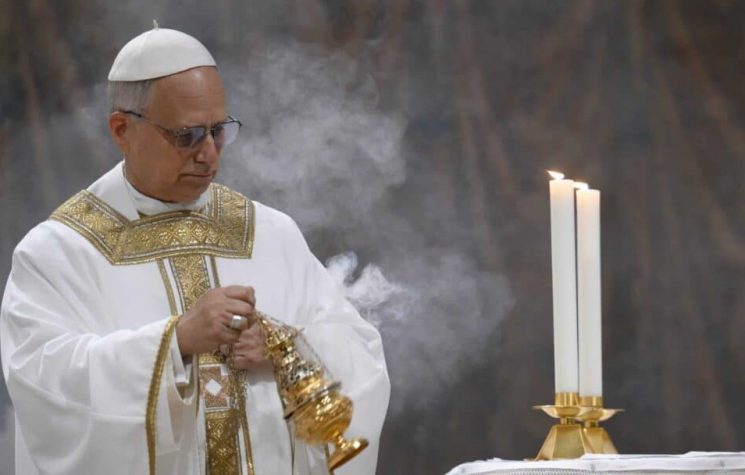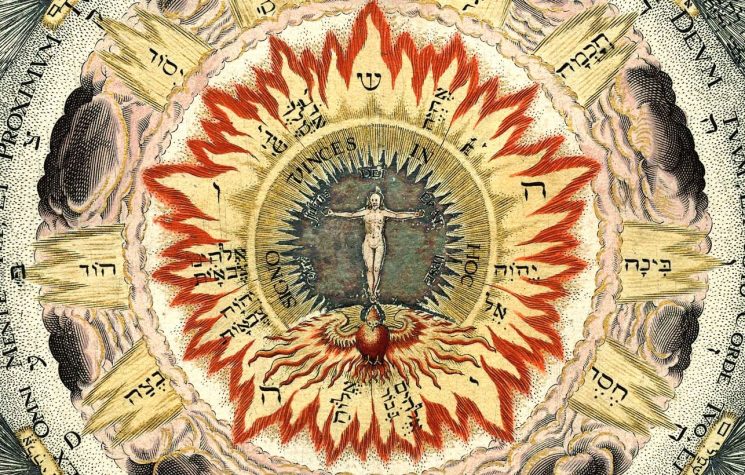Ted Cruz’s heated “interview” with Tucker Carlson made it quite clear that, in the U.S., the Christian right-wing is driven by a peculiar reading of the Old Testament.
Join us on Telegram![]() , Twitter
, Twitter![]() , and VK
, and VK![]() .
.
Contact us: info@strategic-culture.su
Ted Cruz’s heated “interview” with Tucker Carlson made it quite clear that, in the U.S., the Christian right-wing is driven by a peculiar reading of the Old Testament – a reading so peculiar, so peculiar, that it is based on a slogan that is not in the Bible. After all, the phrase “those who bless Israel will be blessed” is not a literal quote, it is an interpretation of a passage in Genesis (12:3) in which God says to Abraham: “I will bless those who bless you.” In any case, in this false Old Testament slogan, we can also see that Zionist Christians interpret every biblical reference to Israel as a reference to the state currently governed by Benjamin Netanyahu.
In the name of which church does Ted Cruz speak? Well, none. He identifies himself only as “Christian”, and only a thorough search would be able to discover which church he attends. His father, Rafael Cruz, was a Cuban raised as a Catholic who became an “evangelical pastor” (it would be more accurate to call him an Old Testament pastor), and a quick search reveals that Rafael Cruz was a member of a New Beginnings Church in Texas (who knows if the units in other places share the same creed). In any case, this is a church with an irrelevant identity, which doesn’t even have an entry on Wikipedia.
Institutions form doctrines and preserve them. Furthermore, institutions have public representation and authority. In Western Europe and most of the New World, the institution that guarded the truth was, for a long time, the Roman Catholic Apostolic Church. With secularization, we tend to fragment truth and confine churches to theological truths. Before the advent of the Reformation, however, it was very clear that truth was not a fragmentary matter; no one thought that changing cosmology could not change theology. Galileo himself, in his Dialogue Concerning the Two Chief World Systems, strives to show that Aristotelianism is wrong, and he knew that Aristotelianism was a pillar of the Catholic Church. Even today, science communicators seem to know this very well, since they use the exploration of the universe to prove that “we are stardust” – that is, that man does not have a central position in what was formerly called Creation. It does not take much creativity to imagine the impact that it has on the value of human life.
The first Protestant churches enjoyed institutionality – especially because many of them were national churches. However, Protestantism, especially in England, has advanced into a profound fragmentation, so that it is possible for anyone to start their own sect. The United States was founded in this spirit, and in the 20th century its economic power resulted in the spread of this fragmented Protestantism throughout the world. Brazil was a victim of this process. And looking from here, we can see an astonishing uniformity of beliefs: as soon as the missiles began raining down on Israel, the unchurched coach and former candidate for mayor of São Paulo Pablo Marçal took the opportunity to publicize his “mentoring” in Israel, in which he would teach the “millennial codes of the people of Israel”. The same coach has performed baptisms (he quotes the Bible as if he were John the Baptist himself) and asked for prayers for Israel against Iran.
This coach is a kind of independent pastor, who does not have a church, who certainly has not formulated a theology, but who repeats, perhaps thoughtlessly, this precarious theology of the Zionist televangelists. Both Ted Cruz and the coach present themselves as “Christians” without pointing to any institution. Despite this, they espouse the same belief that Jesus Christ came to the world to work overtime, because the important thing is in Genesis, and consists of supporting the Netanyahu government.
Now, such uniformity must bring reflection; after all, there is no dispensationalist Pope, a televangelist Pope, or a coach Pope, but there is doctrinal and even political uniformity, since they are all always strident right-wing liberals. On the other hand, in the Catholic Church, which is an institution that expels heretics, there is a great diversity of thought, in addition to being deeply polarized politically.
I think the explanation is as follows: getting rid of institutions creates an atomized individual who has the illusion of freedom. When such an individual lacks of intellectual formation (which is very common since the decline of public schools in the West), he will make his decisions based on the seduction of advertising. Whatever seems most attractive, most popular, coolest is chosen for that very reason. The logic ends up being that of the market, and has even audience segmentation: there are churches for surfers, churches with black walls for young people who like to party, movements for men who want to be macho mountain climbers and say that Christ was just like them, etc. People no longer think; they follow marketing trends. Rebellion and creativity were necessary to become heretics; today, it is enough to disregard one’s own rationality and follow one’s impulses.
If the lack of institutionality throws Christianity into the marketing arena, it is no wonder that the accepted doctrine becomes the one with the largest budget. Regarding the submission of pseudo-Christians to Israel, we have already seen (in “A History of the Zionist Lobby in England and the USA”) that televangelists have such close relations with Israel that occupied Lebanon had a pseudo-Christian broadcasting station that exhibited programs by such pastors.
The conclusion from this is that recovering the institutionality of Christianity is a matter of national security.












































